Results
-
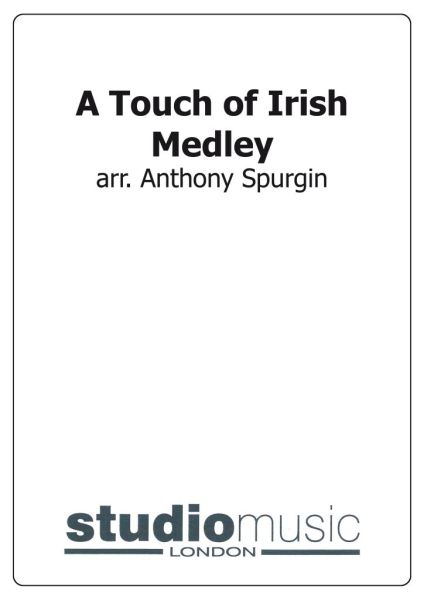 £39.95
£39.95A Touch of Irish Medley
Includes: If You're Irish Come into the Parlour; When Irish Eyes are Smiling; A Little Bit of Heaven; I'll Take You Home Again Kathleen; We're Irish and Proud of it Too.
Estimated dispatch 7-14 working days
-
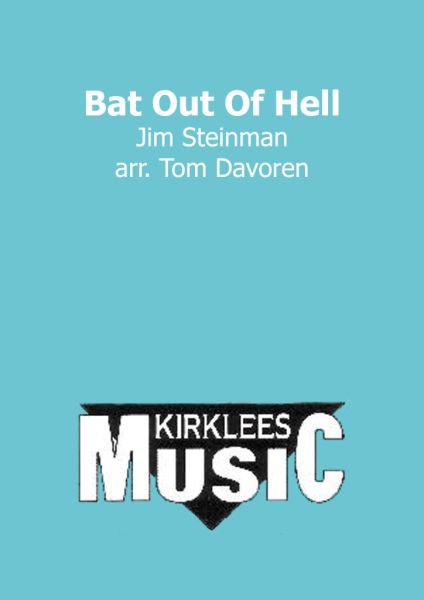 £35.00
£35.00Bat Out of Hell
Tom Davoren's high powered arrangement of the Meatloaf favourite Bat Out of Hell will be a winner with your audiences.
Estimated dispatch 7-14 working days
-
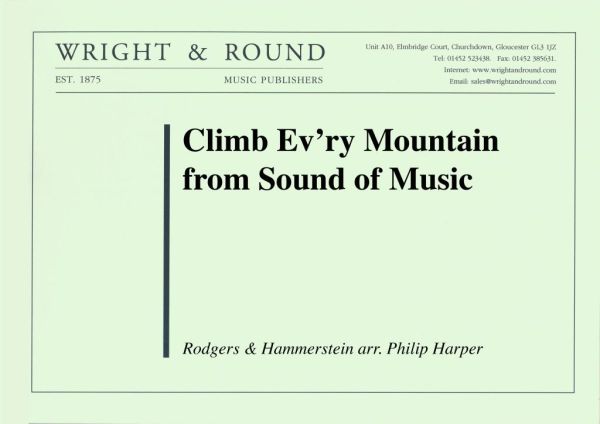 £35.00
£35.00Climb Ev'ry Mountain from Sound of Music (Score and Parts)
Hit from The Sound of Music, features for solo horn, euphonium (or vocal line - words included) and optionally soprano cornet with 'McArthur Park' style end. Starts quietly with a single voice (horn) and grows in power throughout.
Estimated dispatch 7-14 working days
-
£29.95
Kingdom of Dragons (Score Only)
The 'Kingdom of Dragons' is Gwent in South Wales, known in ancient times as the Kingdom of Gwent, and more recently home to the Newport Gwent Dragons Rugby Union team.This piece was commissioned by the Gwent Music Service with additional fun
Estimated dispatch 7-14 working days
-
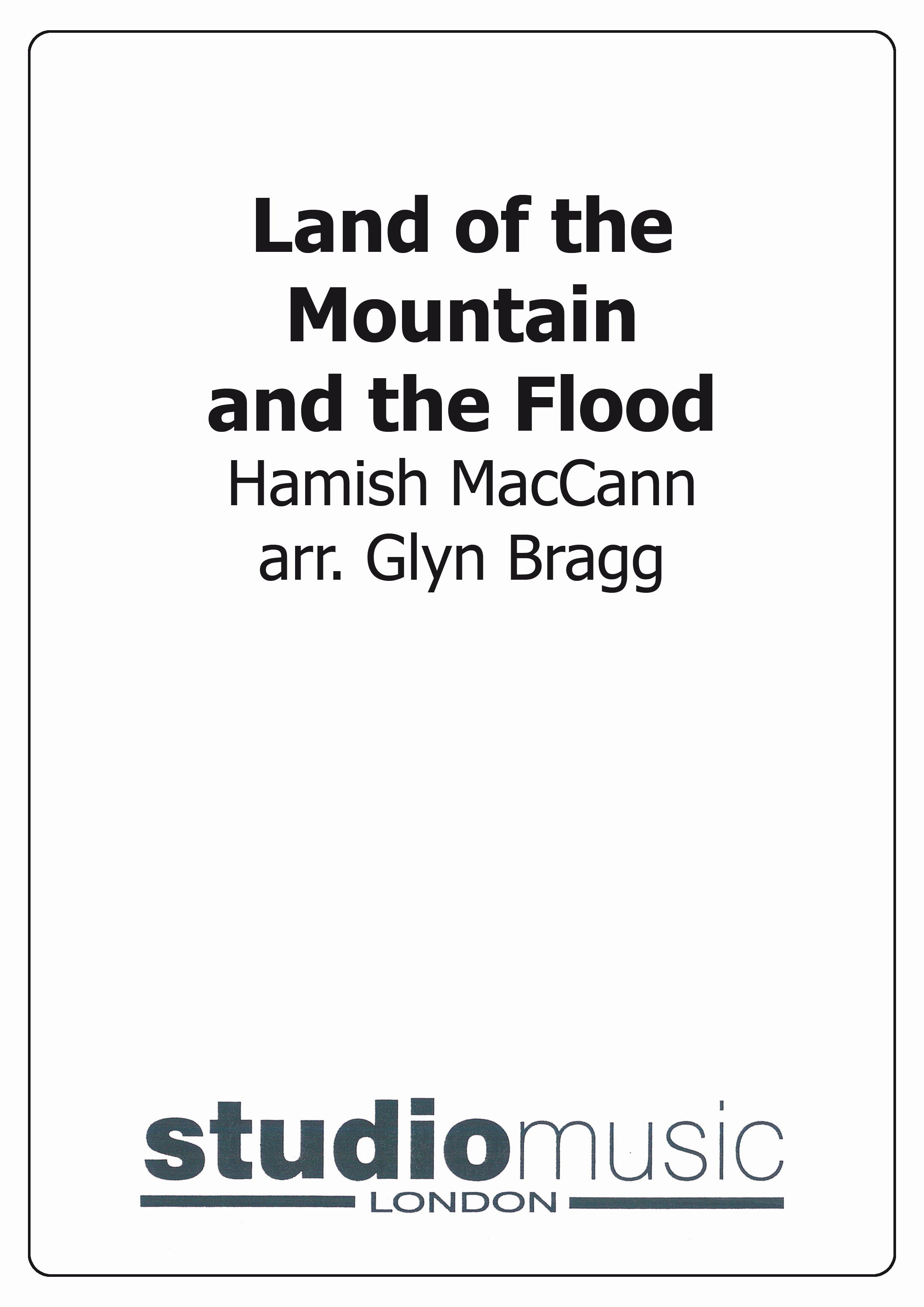 £74.95
£74.95Land of the Mountain and the Flood (Score and Parts)
Scottish Overture that depicts, with superb musical imagery, the rugged beauty of this often "wet" land.
Estimated dispatch 7-14 working days
-
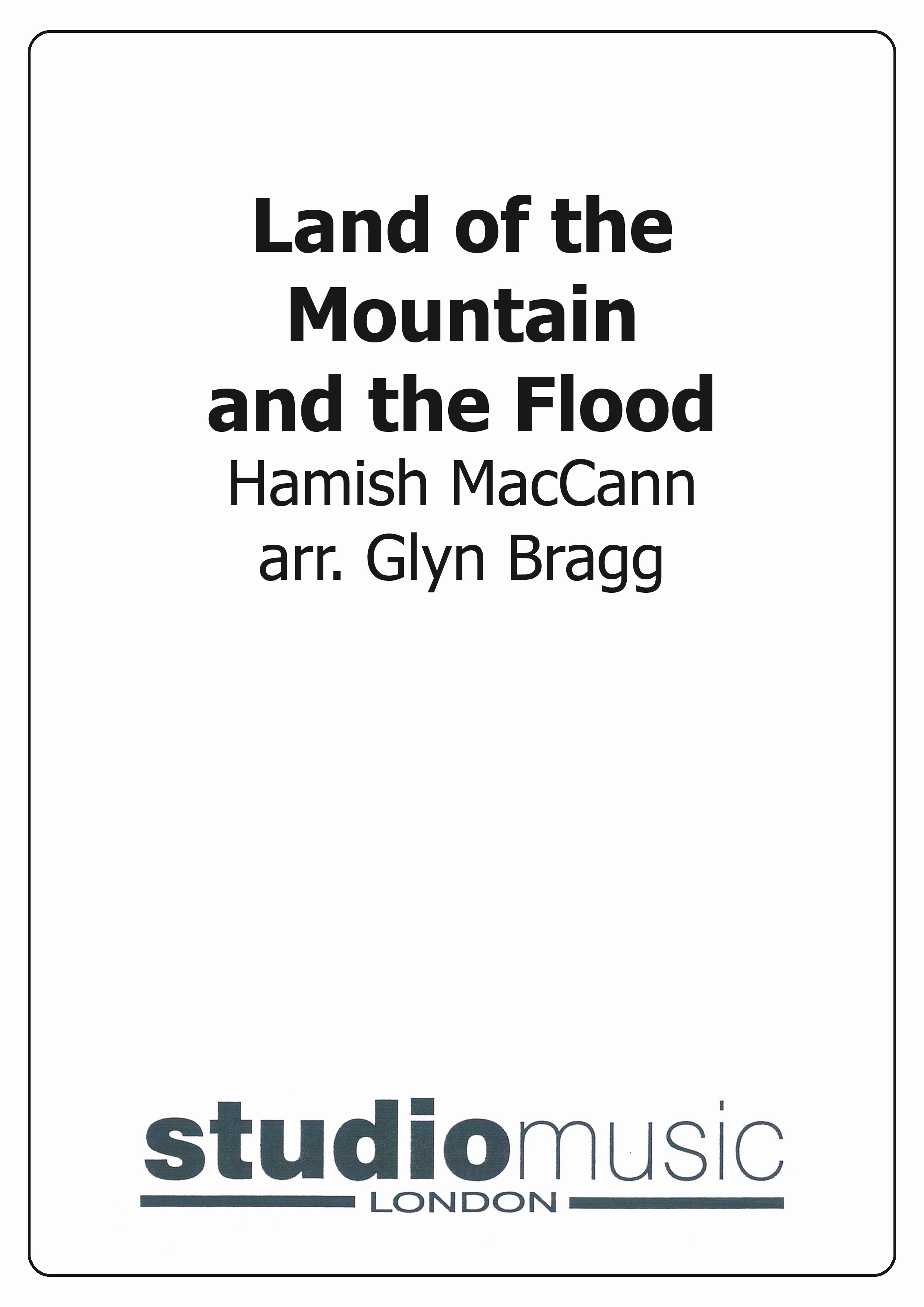 £37.95
£37.95Land of the Mountain and the Flood (Score Only)
Scottish Overture that depicts, with superb musical imagery, the rugged beauty of this often "wet" land.
Estimated dispatch 7-14 working days
-
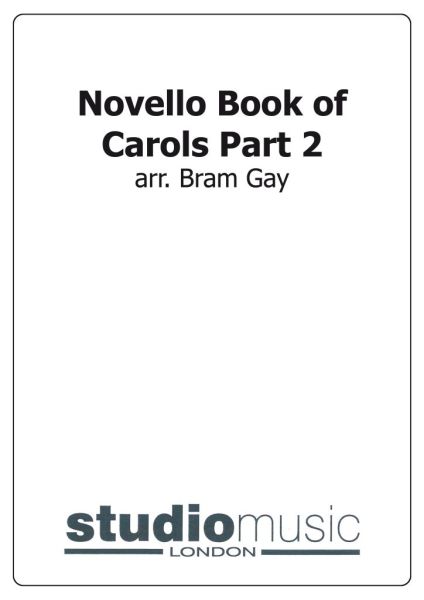 £87.95
£87.95Novello Book of Carols Part 2
Includes: O Come, All ye Faithful; Once in Royal David's City; The Twelve Days of Christmas; London Waits; Silent Night; The First Nowell; The Holly and the Ivy; The Shepherd's Farewell.
Estimated dispatch 7-14 working days
-
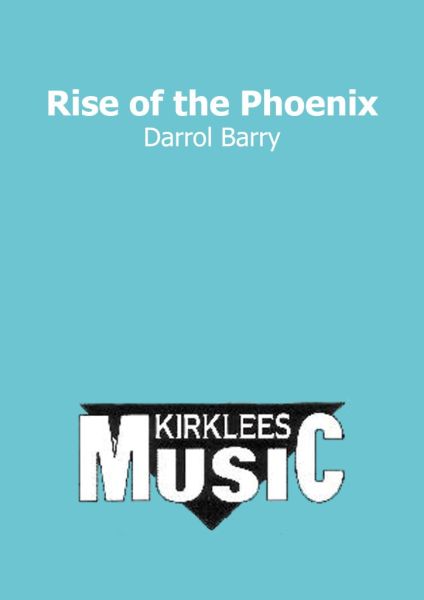 £27.50
£27.50Rise of the Phoenix Score Only)
As the title suggests, the phoenix was a fabulous mythical bird, who every morning at dawn, sang a song so enchanting that even the sun God, Apollo, would stop and listen. The bird would live for a hundred years, and at the end of its life, would build a pyre, set it on fire and be consumed by the flames. After three days, the phoenix would be reborn from the ashes, to sing once more.This work was commissioned by Clifton and Lightcliffe Band and reflects the difficulties and rebirth of the band to make music once more.Suitable for second section bands and above.
Estimated dispatch 7-14 working days
-
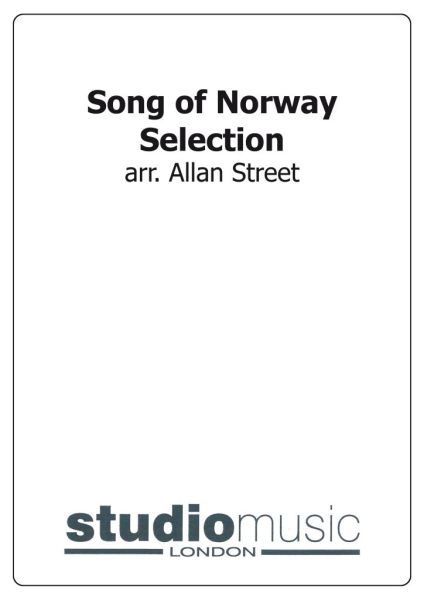 £44.95
£44.95Song of Norway Selection
Includes: Freddy and His Fiddle; Strange Music; When We Wed; Midsummer's Eve; Hill of Dreams.
Estimated dispatch 7-14 working days
-
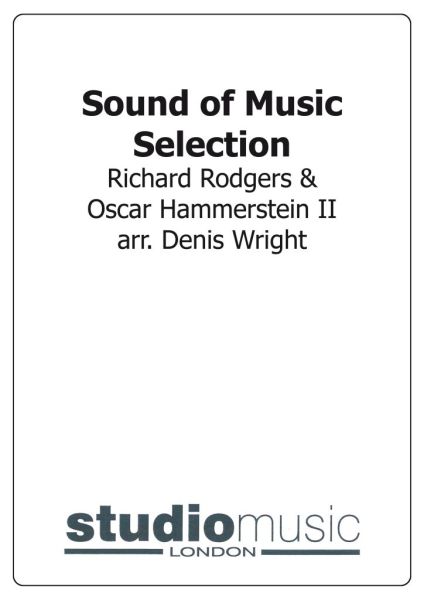 £39.95
£39.95Sound of Music Selection
Includes: The Sound of Music; Do-Re-Mi; My Favourite Things; Climb Ev'ry Mountain; Sixteen Going On Seventeen; How Can Love Survive; An Ordinary Couple; Maria.
Estimated dispatch 7-14 working days
